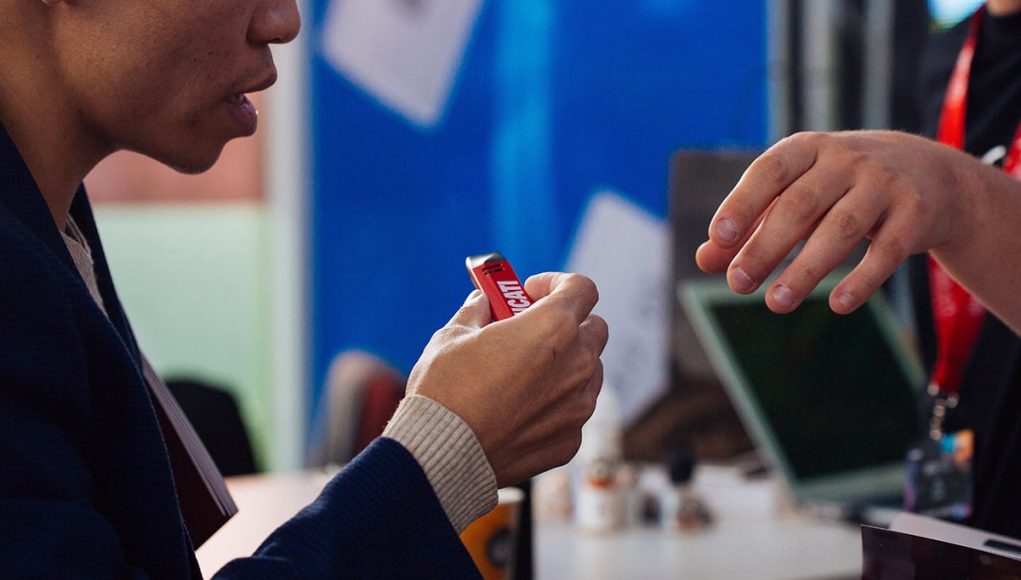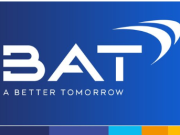Meanwhile, the excise tax on all tobacco products and electronic/vaping products, has gone into effect, at a 10% rate of the value of the products and one of 40 sen per ml on e-liquids. However, there are still no vape regulations in sight.
The vape industry has been asking to be regulated for years. In 2021, the Malaysian Vape Chamber of Commerce (MVCC) said that amongst other things this move would have a positive effect on the local economy by creating more jobs and attracting foreign direct investment (FDI). “The findings show that there are more than 3,300 businesses related directly to the vape industry, with a workforce of more than 15,000 workers,” said the MVCC, on launching its Malaysian Vaping Industry report.
MVCC president Syed Azaudin Syed Ahmad, said that the report findings strongly indicated that the sector was a viable and growing industry in Malaysia, and that it has facilitated the growth of local entrepreneurs. “In addition, the Malaysian vape industry currently has an established ecosystem comprising manufacturers, importers and retailers, and a growing distribution and logistics network,” he said.
The world’s major tobacco companies, such as JT International Bhd (JTI Malaysia) British American Tobacco (Malaysia) Bhd (BAT Malaysia), have similarly been calling on authorities to set in place such regulations as they slowly transition from selling conventional cigarettes, to safer nicotine alternatives.
Big tobacco pushes for regulations on reduced risk products
In 2018, Philip Morris (Malaysia) Sdn Bhd became the first of the three big tobacco companies to introduce a reduced-risk product (RRP) in the country, with its heat-not-burn (HNB) tobacco device IQOS. While BAT Malaysia and JTI Malaysia have yet to bring any RRP products to the local market, in the hope that regulations will be set in place before such products are introduced.
JT International Bhd (JTI Malaysia) managing director Khoo Bee Leng believes that the reason why it may be taking so long for local authorities to regulate the industry, is because of its complexity. “It is a complicated process. It [involves] various substances that you use in vape liquids. So I think the government is probably studying other markets on how to regulate the industry. You also need to have systems and processes in place to test the products, as well as monitor and enforce [the regulations],” she said.
VCAM’s Aslahuddin points to MVCC’s study, which shows that the vape market currently has more than 3,300 businesses related directly to the industry and employs over 15,000 workers. Major vape vendors, distributors and suppliers in the country include NCIG, RELX, Vape Empire and The Vape 69.
Read Further: The Edge Markets












